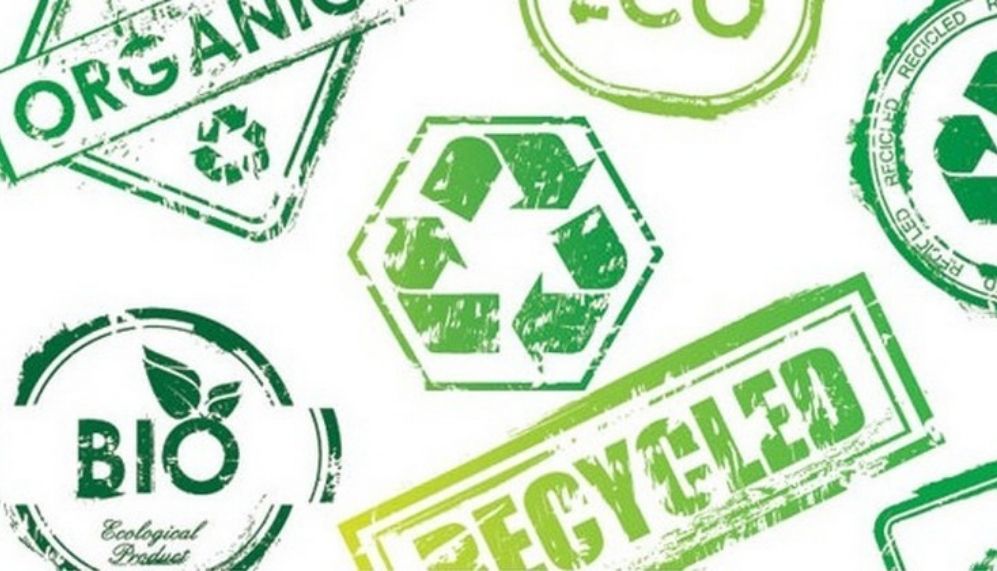What is greenwashing?
Greenwashing is the deceptive practice of presenting an exaggerated or false image of environmental responsibility or sustainability efforts, often to mislead consumers or the public. The climate crisis of the 21st century has led to increased pressure for companies to be held accountable for their contributions to greenhouse gas emissions, deforestation, waste production, and destruction of natural resources. Some of these companies have responded with greenwashing campaigns to try to appeal to the public’s interest in sustainability.
What does greenwashing look like?
Greenwashing manifests in various forms. The single-use plastic industry, prevalent in pre-packaged food and beverages, is liable for greenhouse gas emissions as well as plastic pollution on land and in the ocean. Some of these companies attempt to appear sustainable by making vague claims about the materials used as well as their recyclability and biodegradability. Common tactics include labeling products as “made from recycled plastic” or “recycled ocean plastic” which may mislead consumers about the product’s environmental impact. Additionally, terms such as “eco-friendly” or “reef-friendly” are vague and lack standardized definitions and scientific basis.
Why do companies participate in greenwashing?
Companies engage in greenwashing to appeal to consumers’ desire for sustainable products, creating an illusion of choice between environmentally friendly and unfriendly products. By doing so they can maintain profitability while avoiding criticism for their role in perpetuating the climate crisis.
The reality
Unfortunately, products advertised as “recyclable” are rarely greener than those that are not due to a lack of infrastructure. For recycling to be a possible solution for plastic waste, products need to be sorted by material, and properly cleaned and completely dried. This has led to wish cycling, the process of placing things in recycling bins that do not belong out of optimism, which typically leads to the contamination of the whole bin and renders all recycling efforts ineffective.
Labeling products as “biodegradable” further exemplifies greenwashing. Many consumers may assume these products break down naturally, while in reality, they become biodegradable ash after being incinerated at extremely high temperatures. Most of the trash ends up in landfills and is not incinerated, leaving most debris to persist forever. Globally, only nine percent of all the plastic ever produced has been recycled, with most of it landfilled or incinerated.
To progress toward a greener future, we must invest in meaningful initiatives to reduce greenhouse gas emissions and pollution. To do so, it's crucial to weed out these initiatives from a sea of greenwashing tactics employed to shield companies from criticism and divert attention from the root of the problem. Next time you see vague claims of sustainability, ask yourself, “Is this greenwashing?”
References:
- Greenwashing – the deceptive tactics behind environmental claims. United Nations Climate Action. (n.d.).
- How to recognize plastic pollution greenwashing. Plastic Pollution Coalition. (2023, April 24).
- Main, D. (2023, October 12). Think that your plastic is being recycled? think again. MIT Technology Review.
- Sullivan, L. (2020, September 11). How big oil misled the public into believing plastic would be recycled. NPR.
Image sources:
- Is your biodegradable plastic packaging really eco friendly?. South Plastic Industry. (2021, November 26).
- ¿Greenwashing? don’t be fooled. primebiopolymers. (2021, November 26).


